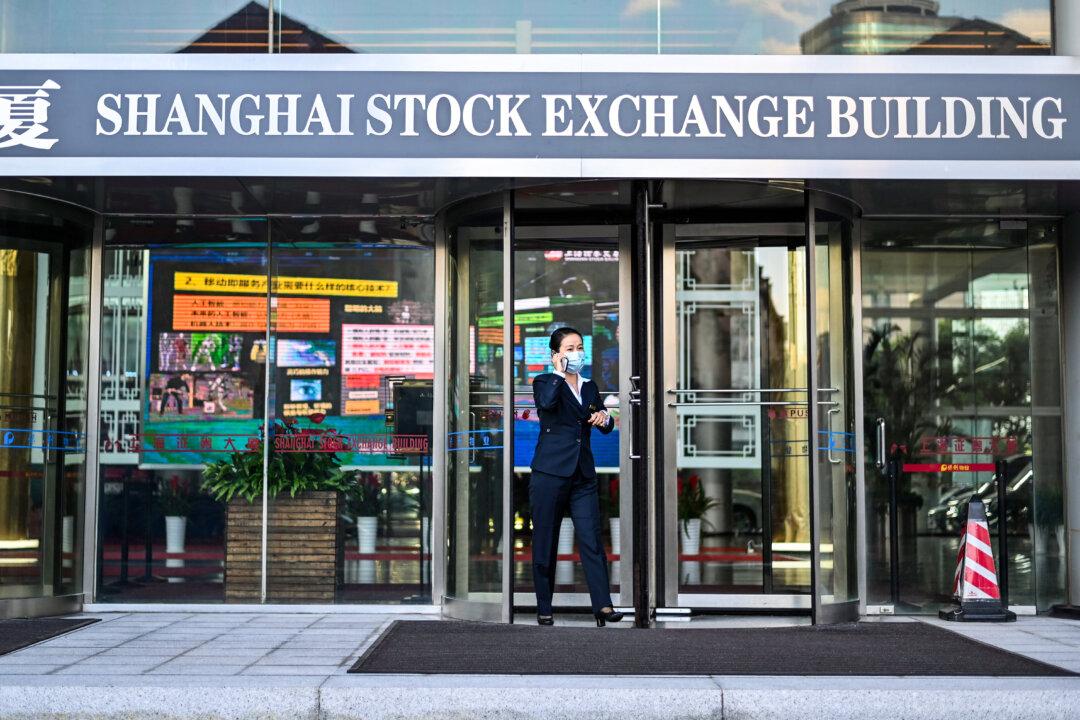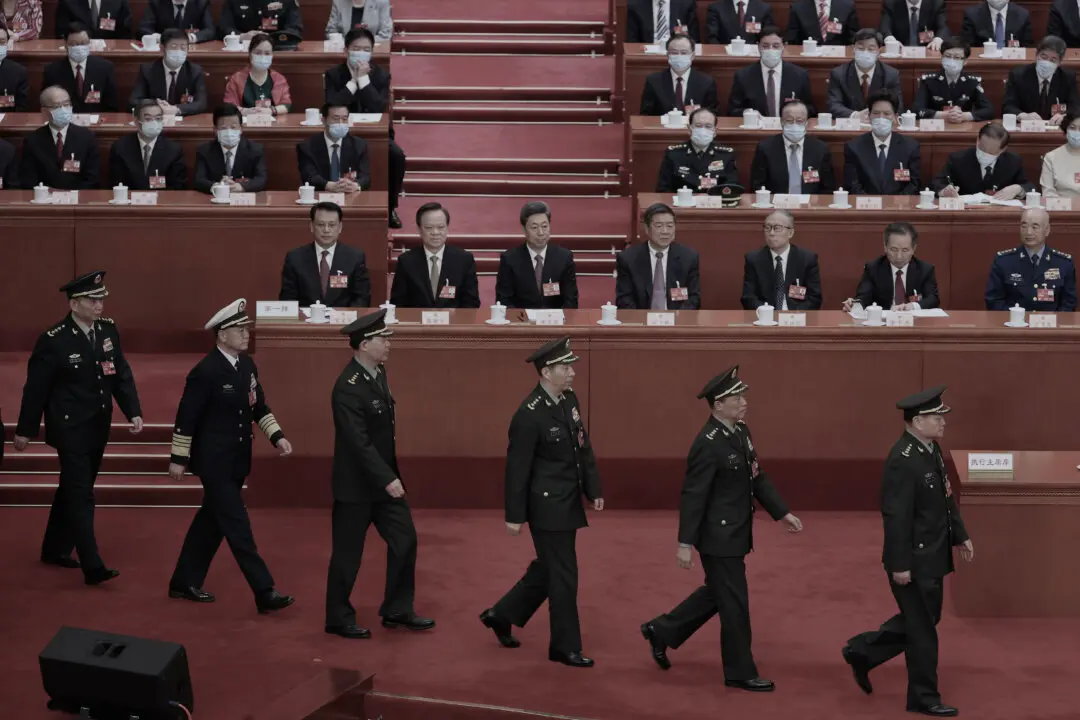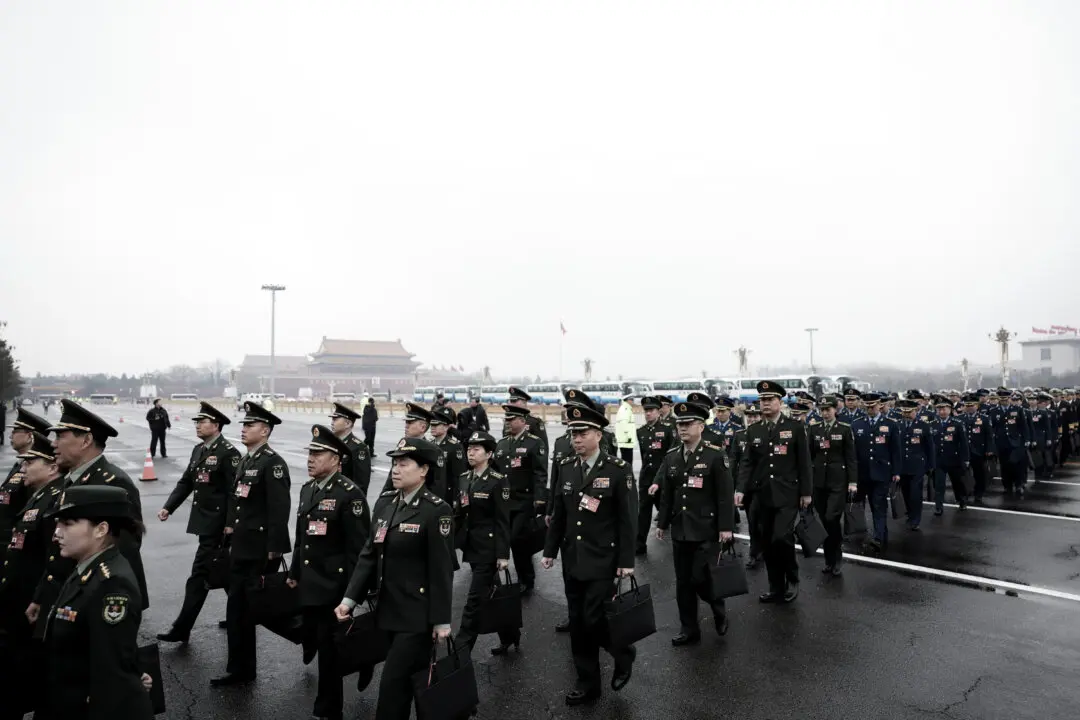Beijing has restricted the release of daily data on overseas funds flowing into China as foreign investors continue to avoid the country.
Starting on Aug. 19, the Shanghai and Shenzhen stock exchanges stopped releasing real-time data on foreign funds buying Chinese stocks, which is a key indicator for investors. Instead, information on financial assets held by overseas entities will be released each quarter by China’s central bank.




